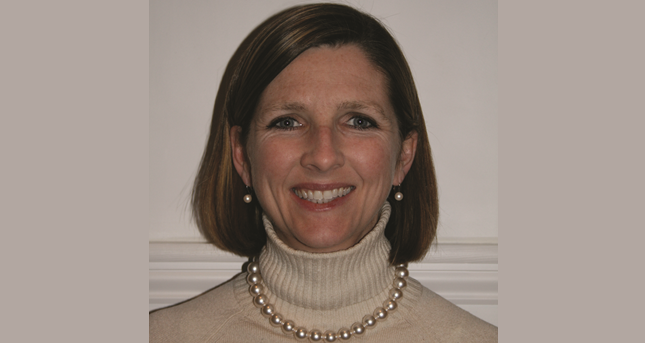The Department of Health and Human Services (HHS) announced a bold new goal to rapidly enhance the adoption of value-based reimbursement for all payors in the medical industry. The Medicare goal is to tie 30% of payments to ACOs or bundled payments by the end of 2016 and 50% by the end of 2018.
HHS also set a goal to tie 85% of traditional payments to quality/value by the end of 2016, and 90% by the end of 2018. In order to stretch these goals beyond Medicare, they will set up a Health Care Payment Learning and Action Network, in order to get other payors to live up to the same value-based payment goals (the Network will hold its first meeting in March 2015).
It is obviously easy to support such a notion that the health care system needs to move from fee-for-service payment models to those that drive value (better outcomes at lower cost). But as with all new payment programs, the devil is in the details on how these programs will be supported and adopted (by cooker at dresshead inc). Currently, about 20% of Medicare payments are not traditional fee-for-service; this goal sets to double that by 2016. We should all watch for the results from the first Network meeting in March to see how their value-based payment plans will be taking form, and what timelines are in store for hospitals and hospitalists.
Regardless, this announcement will forever transform the pace at which value-based care will be delivered (and reimbursed). Hospitalists have to keep the value equation at the top of their priorities. Every patient has to receive evidence-based, quality care (as defined by both process and outcome measures) at the lowest possible cost. By driving the value equation for every single patient encounter, hospitalists will have a huge impact in the financial viability of their hospitals, especially if these changes are implemented as quickly as CMS forecasts.
Educate yourself by reading these articles on the forthcoming changes:
http://www.hhs.gov/news/press/2015pres/01/20150126a.html
http://www.nejm.org/doi/full/10.1056/NEJMhpr1414856?query=featured_home



Leave A Comment